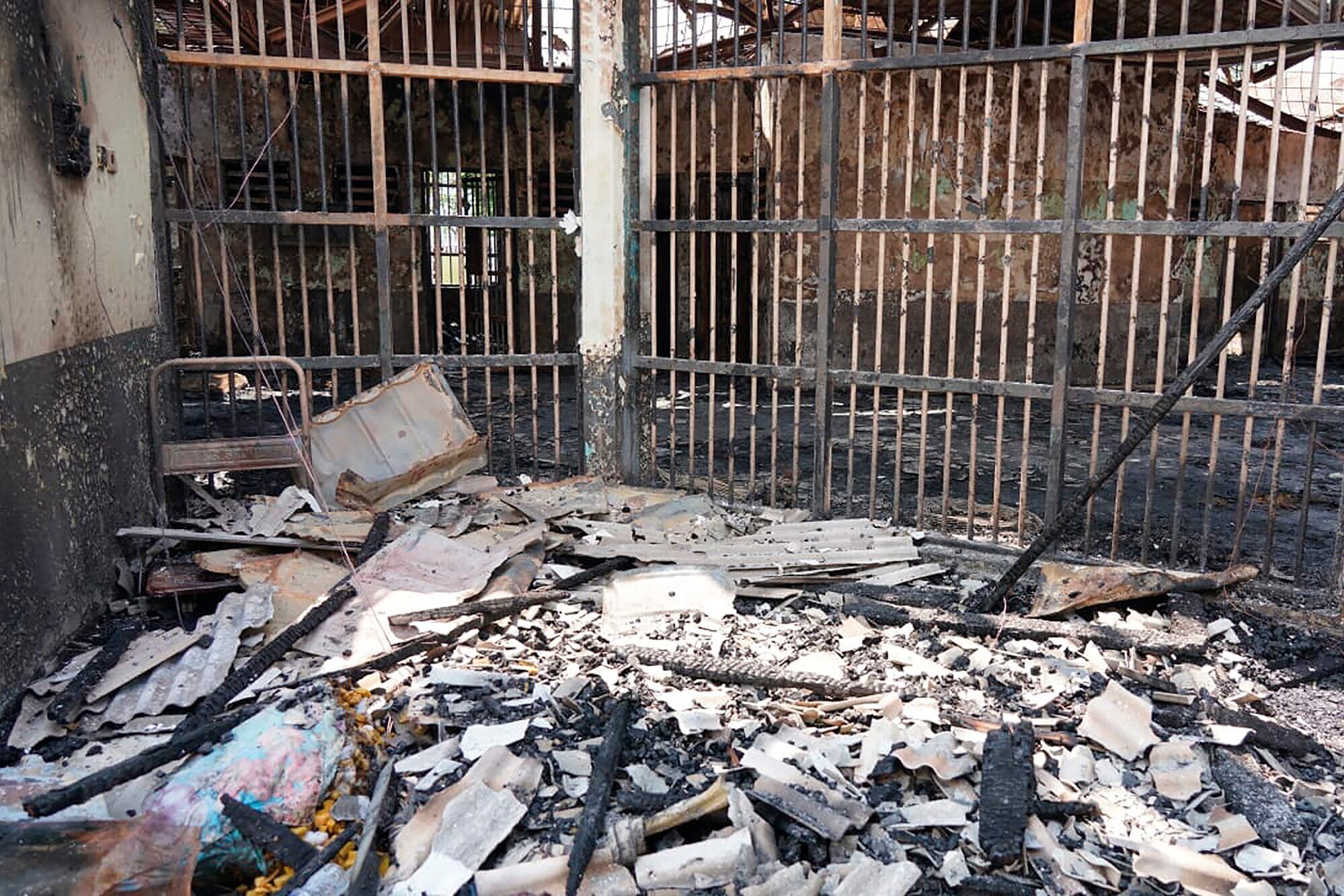So once again, death penalty demonstrators are gathering outside a USA prison. This time though, things are a bit different: the execution agent is gaseous, and the condemned man is a repeat attender…
Who and why?
Kenneth Smith is one of two assassins-for-hire who in 1988 killed Elizabeth Sennett, the wife of a pastor who hoped her life insurance could ease his financial troubles. Shortly after the killing though, the pastor killed himself - rather than face earthly justice.
A long 22 years later, in 2010, Kenneth’s partner-in-crime received the stiffest penalty meted out by the US Justice System - execution. And Kenneth himself is sentenced to the same punishment, yet he’s still on death row - at least until later today, 25th January 2024, when he is scheduled to become the first person in the USA to be executed through nitrogen asphyxiation.
Why gas and why now?
But why are the authorities using nitrogen gas rather than lethal injection, and why have they waited until now - almost 36 years after the murder - to execute him? Well the answers to these two questions are linked…
The USA’s capital punishment appeal system is notoriously slow and convoluted. It’s common for condemned people to spend around 20 years on death row. Some argue that this long wait for almost certain death is itself a form of psychological torture. And it’s not uncommon for death row prisoners to die of illness rather than by the executioner’s hand.
In Kenneth’s case, it was 33 years between conviction and the authorities first taking him to the death chamber in November 2022. But things didn’t go to plan…
As is common to many botched executions, his would-be executioners lacked sufficient skill in venous access to get the necessary needles into him. After several hours of trying, his death warrant expired and so they had to abandon the execution and return him to death row, his home for the previous three decades.
And in the aftermath of that debacle the authorities promised not to try to use lethal injection on him in the future.
So that is why Kenneth has been rescheduled to die - at another time and in another way.
Why worry?
Right now, more than the usual amount of last minute legal appeals are going on. And this is due to at least two key factors…
Firstly, no-one can reasonably deny that surviving a botched execution is a traumatising experience. And Kenneth’s legal team is arguing that it’s cruel to do this to him all over again.
And crucially, the UN High Commissioner for Human Rights is alarmed at the prospect. Quoting an extract of their full statement:-
We have serious concerns that Smith’s execution in these circumstances could breach the prohibition on torture or other cruel, inhuman, or degrading treatment or punishment, as well as his right to effective remedies. These are rights set out in two International Human Rights treaties where the United States is bound by – the Covenant on Civil and Political Rights and the Convention against Torture and Other Cruel, Inhuman or Degrading Treatment or Punishment [CAT].
So, will the execution go ahead and - if so - will it go as ‘smoothly’ as the authorities hope? All eyes - and many hearts and prayers - are fixed on that death chamber right now. We’ll be updating you soon.
Dr Rachael Pickering is our Chief Medical Officer
Her views do not necessarily represent those of Integritas Healthcare










